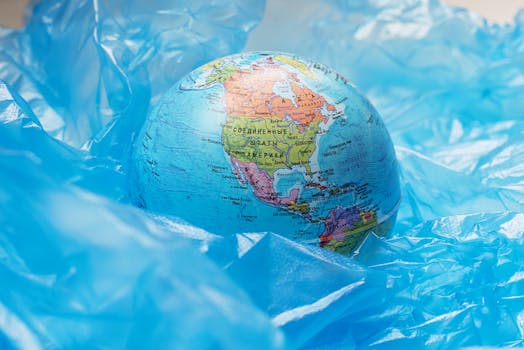
The Impact of Climate Change on Global Ecosystems: A Looming Threat
Introduction to Climate Change and Global Ecosystems
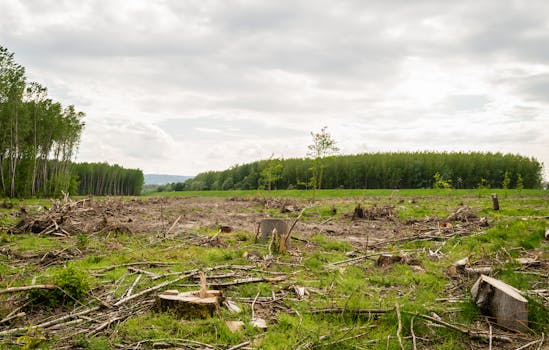
Climate change, the focus keyword, is one of the most pressing issues of our time, with far-reaching consequences for the health of our planet. The impact of climate change on global ecosystems is a complex and multifaceted issue, with effects ranging from rising sea levels and more frequent natural disasters to changes in weather patterns and the loss of biodiversity. In this article, we will explore the impact of climate change on global ecosystems, and what we can do to mitigate its effects.
The Effects of Climate Change on Global Ecosystems
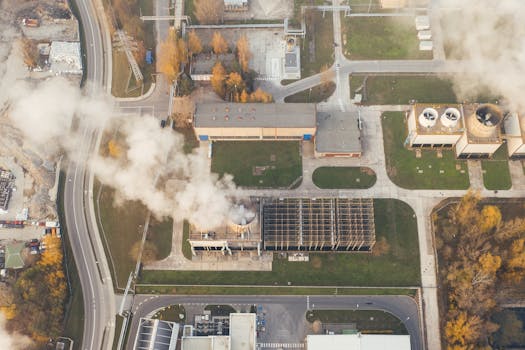
Climate change is having a profound impact on global ecosystems, from the frozen tundra of the Arctic to the scorching deserts of the Sahara. Rising temperatures are causing melting of polar ice caps, leading to sea level rise and more frequent coastal flooding. Warmer temperatures are also altering weather patterns, leading to more frequent and severe heatwaves, droughts, and storms.
One of the most significant effects of climate change on global ecosystems is the loss of biodiversity. As temperatures rise, many species are struggling to adapt, leading to a decline in population numbers and even extinction. The polar bear, the penguin, and the coral reef are just a few examples of the many species that are threatened by climate change.
Case Studies: The Impact of Climate Change on Specific Ecosystems
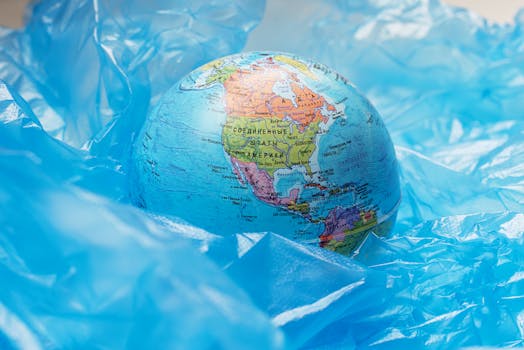
The Amazon rainforest, the Great Barrier Reef, and the Arctic tundra are just a few examples of the many ecosystems that are being impacted by climate change. The Amazon rainforest, for example, is facing a severe drought, which is threatening the very survival of the forest. The Great Barrier Reef, one of the most diverse ecosystems on the planet, is experiencing coral bleaching, which is caused by rising sea temperatures.
The Arctic tundra, home to many indigenous communities and a wide range of wildlife, is warming at a rate that is twice as fast as the global average. This is causing melting of permafrost, which is leading to the release of methane, a potent greenhouse gas.
What Can We Do to Mitigate the Effects of Climate Change on Global Ecosystems?

While the impact of climate change on global ecosystems is a daunting challenge, there are many things that we can do to mitigate its effects. One of the most effective ways to reduce our carbon footprint is to transition to renewable energy sources, such as solar and wind power. We can also reduce our energy consumption by increasing energy efficiency and using public transport.
Another important step is to protect and preserve natural habitats, such as forests, wetlands, and oceans. These ecosystems play a critical role in regulating the climate and providing a home for a wide range of wildlife. We can also support conservation efforts by donating to organizations that work to protect and preserve these ecosystems.
Conclusion
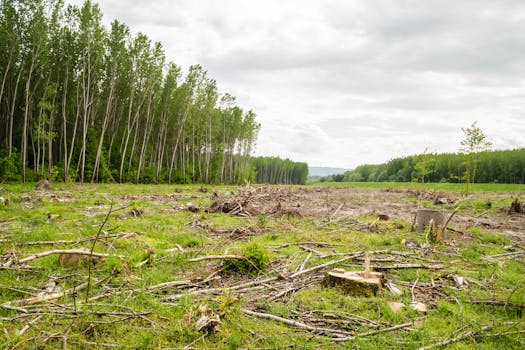
In conclusion, the impact of climate change on global ecosystems is a pressing issue that requires immediate attention. We must take action to reduce our carbon footprint, protect and preserve natural habitats, and support conservation efforts. The future of our planet depends on it.





